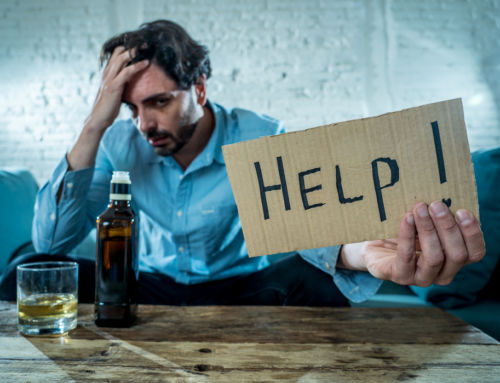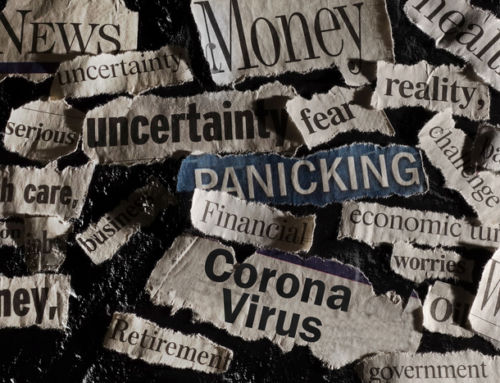With the stress of potential loss of income, unemployment, and increased social isolation, people have increased binge drinking at home during the pandemic. A new study by UTHealth School of Public Health says the longer people stay at home, the greater the increase in binge drinking. By recognizing you have a problem, the better the chances are you will seek alcoholism treatment.
Findings in the Study
From mid-March to mid-April of 2020, almost 2,000 people were surveyed during the stay-at-home orders during the pandemic. Non-binge drinkers drank the same amount of alcohol as before the pandemic. However. researchers found that 34% of subjects were binge drinking during the pandemic. Binge drinkers increased their alcohol consumption during this time compared to drinking habits before they had to stay at home. The odds of heavy alcohol consumption among binge drinkers rose by 19% for each added week of lockdown. Those with either depression or a history of depression were at an elevated risk. Binge drinking can lead to developing alcoholism and later health problems.
Those Prone to Binge Drinking
There are many factors associated with binge drinking. Bad childhood experiences and parental alcohol problems can contribute to drinking problems among their children. People who start drinking at a young age, who smoke, or use illegal drugs are more likely to engage in binge drinking. Binge drinking can also have something to do with your personality traits, impulsivity, and negative emotions like anxiety and depression. Some people binge drink because they think it could help them out socially or alleviate stress and negative moods. When you are dealing with negative feelings that persist, it can cause you to drink more than ever to make those feelings go away. It can even be affected by having a friend or romantic partner who binge drinks and can cause you to do the same.
What to Do When Binge Drinking is a Problem
If a man goes over the limit of 15 drinks per week regularly, it is considered dangerous and unhealthy. If you notice you are having problems controlling your binge drinking, you can try methods like motivational interviewing where you engage in therapy to enhance a person’s motivation to change. There is cognitive behavioral therapy where you change negative thoughts into positive ones. While the COVID-19 pandemic may not be something that is in our control, alcoholism is always in our control as long as there are treatment options.
At Alta Loma Transformational Living, you will meet knowledgeable, compassionate professionals that understand addiction in all its forms. Alta Loma uses an integrative and holistic approach to treat addiction and mental health issues. No treatment is one-size-fits-all, where you will have a team of experts prepared to create your customized treatment plan. We offer care for your mind, body, and spirit, so that you can heal from the inside out and look forward to a lifetime of sobriety and wellness. If you are ready to take the first step in your recovery, please call us at 866-457-3843.


